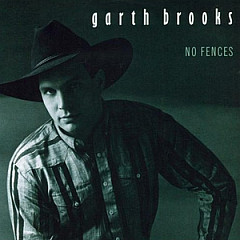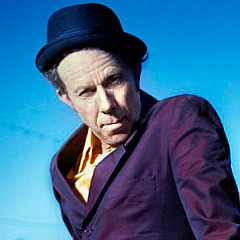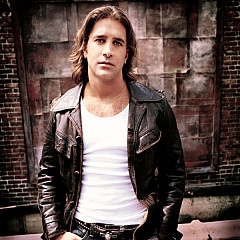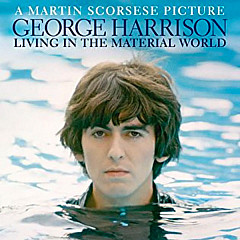

Sia Furler wrote “Titanium” and originally wanted to give the tune to Katy Perry. She turned it down so David Guetta recorded it instead using Sia's original demo guide vocal.

"Friends In Low Places" by Garth Brooks was written by two Nashville songwriters after a meal in a local restaurant. One of them forgot his money, but said not to worry, "I have friends in low places. I know the cook."

The Kate Bush song "Running Up That Hill" is about making a deal with God to switch lives with your partner so there would be no more misunderstandings.

Katy Perry says her 2008 song "Ur So Gay" is about "guys who wear the guyliner, steal your jeans, and that whole almost hipster emo scene."

In 2010, the biggest-selling song in the UK was "Love the Way You Lie" by Eminem.

Switchfoot's frontman and main songwriter on what inspires the songs and how he got the freedom to say exactly what he means.

Pool balls, magpies and thorns without roses - how well do you know your Tom Waits lyrics?

The Creed lead singer reveals the "ego and self-fulfillment" he now sees in one of the band's biggest hits.

Test your metal - Priest, Maiden, and Beavis and Butt-head show up in this one.

Donny Osmond talks about his biggest hits, his Vegas show, and the fan who taught him to take "Puppy Love" seriously.

Did Eric Clapton really steal George's wife? What's the George Harrison-Monty Python connection? Set the record straight with our Fact or Fiction quiz.